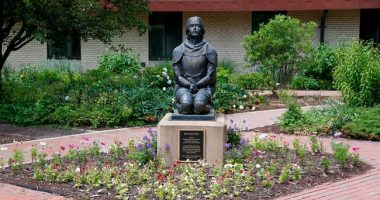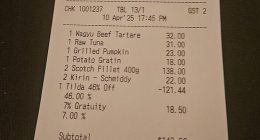Reconciliation Week has been held every year since 1996, with all Australians invited to learn about “our shared histories, cultures, and achievements”.
Here’s what you need to know.

When is National Reconciliation Week?
The week is marked on the same dates every year – May 27 to June 3.
The first date commemorates the May 27 referendum in 1967, which saw more than 90 per cent of voters support the inclusion of all Indigenous Australians in the census.
June 3, Mabo Day, is the anniversary of the High Court’s 1992 decision to recognise the land interests of Aboriginal and Torres Strait Islander peoples, and to overturn the existing legal fiction that prior to European colonisation, Australia was “terra nullius” – “nobody’s land”.

Who can take part in National Reconciliation Week?
Events are held in workplaces, schools, community venues, and can be organised by individuals.
Events can also be listed privately, for a set group of invitees.

What is the theme of the week?
This year’s theme is “Now More Than Ever”.
“There have been many moments in Australia’s reconciliation journey that make us want to turn away,” Reconciliation Australia’s website says.
“But when things are divisive, the worst thing we can do is disengage or disconnect.”
Instead, participants and all Australians are called on to push forward with the ongoing goal of reconciliation.



